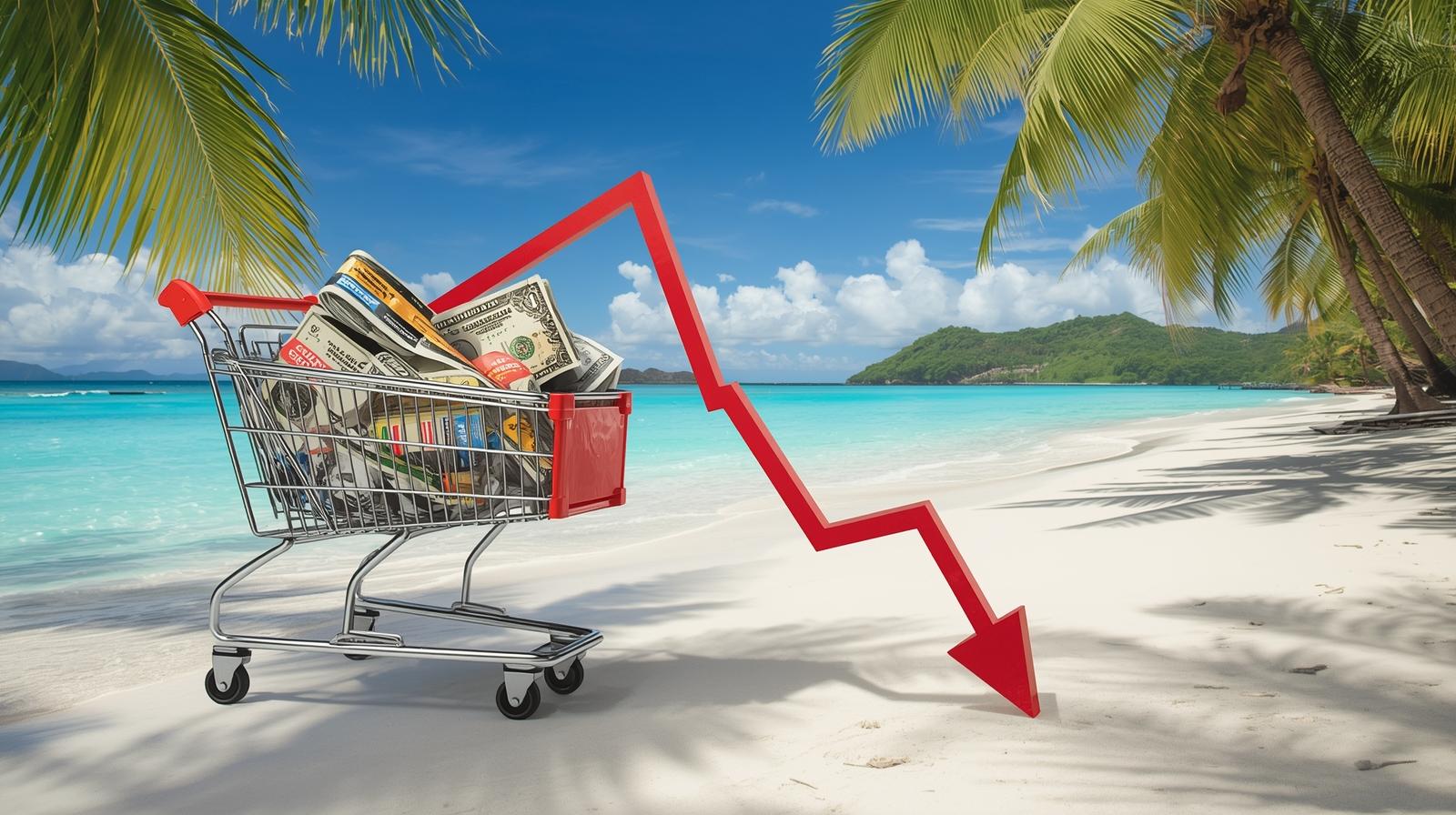Fiji recorded an annual inflation rate of minus 2.1 per cent in August, the third monthly decline in a row since June, according to the Ministry of Finance. The Government framed the trend as the first signs of better balance in supply and demand, helped by lower global shipping costs, cheaper fuel relative to last year and targeted tariff cuts on essential imports. “Households need price stability to plan and invest in their futures,” said Deputy Prime Minister and Finance Minister Professor Biman Prasad. “We are acting on both the cost and competition sides of the economy,” he said, referring to the cross-agency effort to lift domestic production and ensure that import duty reductions are passed through to retail shelves. The update on 5 September is a sharp improvement from 5.4 per cent a year earlier. Professor Prasad said this was the third straight month of declining inflation since June.
Lower inflation lifts real incomes and trims input costs for retailers, transporters and food processors. It also nudges real interest rates higher unless policy adjusts, which is why markets will watch the Reserve Bank of Fiji for any guidance on credit conditions. In recent weeks the central bank highlighted stable foreign reserves near six months of import cover and signalled that budget tax measures should “further reduce consumer prices”, while cautioning that global shipping risks could re-ignite price pressure.
For tourism operators, deflation in some baskets can improve margins through cheaper local inputs. Exporters gain some relief on utilities and logistics, although any currency strength from benign inflation is a headwind to price competitiveness. The next data point in September will indicate whether Fiji is moving from a short disinflation burst into a more durable low-inflation environment that supports investment planning.



